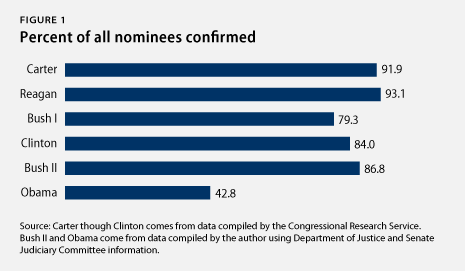John H. Richardson’s profile of Newt Gingrich: The Indispensable Republican is up on the Esquire website, and it’s one of the most terrifying things I’ve read in years. Richardson thinks Gingrich intends to run for President in 2012 (“Will Newt Gingrich really run for the presidency? A lot of people think he’s not really serious, that he just likes the power and attention and the opportunity to get free publicity for his books… the answer seems glaringly obvious: Newt Gingrich wants to be president so bad, he can taste it.”).
As to whether this would be a good idea, for Gingrich or for the rest of us in this Rethuglican-battered nation, well… “As a reporter, I’ve always believed that everyone has some kind of inner coherence. No matter how inexplicable their behavior may be, there is always logic somewhere. This proved true with a multitude of subjects, from murderers to movie stars. Until Newt Gingrich.”
Please read the whole article. I’ve been extremely scornful of the idea of Gingrich actually running for President, as opposed to fan-dancing (or stripper-poling) a perennial round of first-class speaking junkets and high-visibility media appearances calculated to preserve the Gingrich(tm) brand’s valuable shelf-space in the Wingnut Welfare Walmart. But Richardson’s reporting suggests that the person most bedazzled and mislead by the non-stop hustling might just be Newton Leroy Gingrich, and that’s a dangerous thing indeed, because there is much further confirmation here that Gingrich is a bullet point on the Powerpoint timeline of Weirdly Charismatic Rightwing Sociopaths, probably the most significant version between Richard Nixon and Sarah Palin. Richardson includes stories of Gingrich’s unsettling behavior just before he resigned the Speakership that read like an opera bouffe version of Nixon during Watergate, and aggregates details of his personal and professional life that make Larry “Lonesome” Rhodes look like a rough draft:
It’s been twelve years since his extraordinary political career — the one in which he went from being a bomb-throwing backbencher in the seemingly permanent Republican minority to overthrowing the established order of both parties — collapsed around him. And yet, stunningly, in all that time Newt Gingrich hasn’t been replaced as the philosopher king of the conservative movement. And as the summer rolled on, a revivified Gingrich sat atop the early polls of Republican presidential contenders, leading the field in California, Louisiana, South Carolina, and Texas and polling strongly in Illinois and Pennsylvania. This year he has raised as much money as Mitt Romney, Tim Pawlenty, Sarah Palin, and Mike Huckabee combined. He is in constant motion, traveling all over the country attending rallies and meetings. He writes best sellers, makes movies, appears regularly on Fox News…
__
He thinks of himself as president, you tell her. He wants to run for president.
__
[Ex-wife Marianne Gingrich] gives a jaundiced look. “There’s no way,” she says. She thinks he made a choice long ago between doing the right thing and getting rich, and when you make those choices, you foreclose other ones. “He could have been president. But when you try and change your history too much, and try and recolor it because you don’t like the way it was or you want it to be different to prove something new … you lose touch with who you really are. You lose your way.”
__
She stops, ashes her cigarette, exhales, searching for the right way to express what she’s about to say.
__
“He believes that what he says in public and how he lives don’t have to be connected,” she says. “If you believe that, then yeah, you can run for president.”
__

